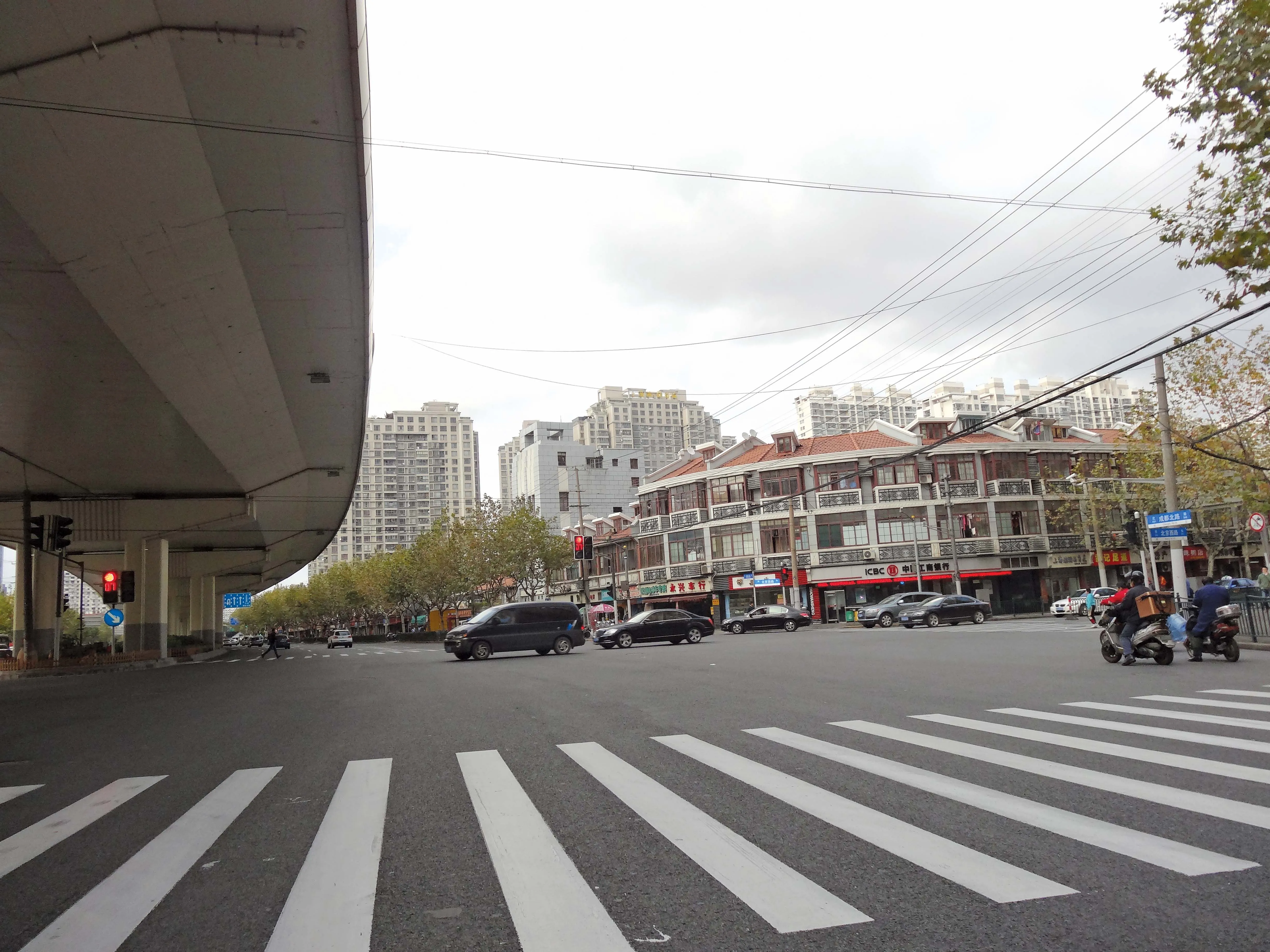India is pushing hard with its highway expansion programme, according to Brijeshwar Singh, chairman of the National Highways Authority India (NHAI). The organisation is comparatively new having been established in 1995 but has helped India boost its highway network, particularly with the development of the 'Golden triangle' connecting the key commercial cities of Delhi, Mumbai and Calcutta. Speaking at the
India has 3,300,000km of highways, the second largest road network in the world. However around 40% of India's traffic is carried on just 2% of the roads, the country's National Highway network.The NHAI has a budget of some US$203 billion to build its target of 54,000km of highways by 2015. He said, "We are looking to build 20km/day."
Singh commented, "If you divide it out the roads look a little cheap." However he explained that because of expected overloading of trucks, the country does have to over-engineer structures such as bridges to ensure they cope over the long term. As a result India has to spend more for its bridges.









